Find Help
More Items From Ergsy search
-

Is HPV testing available?
Relevance: 100%
-
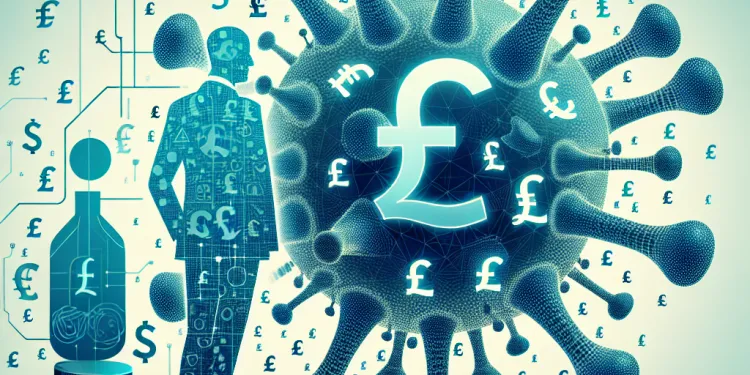
What is the HPV Virus?
Relevance: 100%
-

How common is HPV?
Relevance: 100%
-
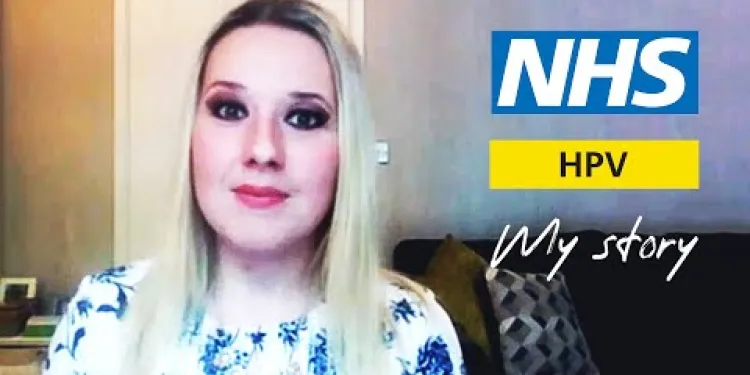
HPV - My Story | NHS
Relevance: 99%
-

Are there symptoms of an HPV infection?
Relevance: 99%
-
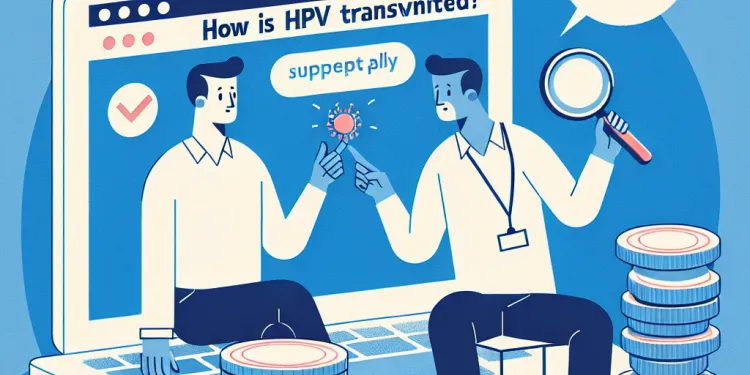
How is HPV transmitted?
Relevance: 99%
-

Can HPV be treated?
Relevance: 99%
-
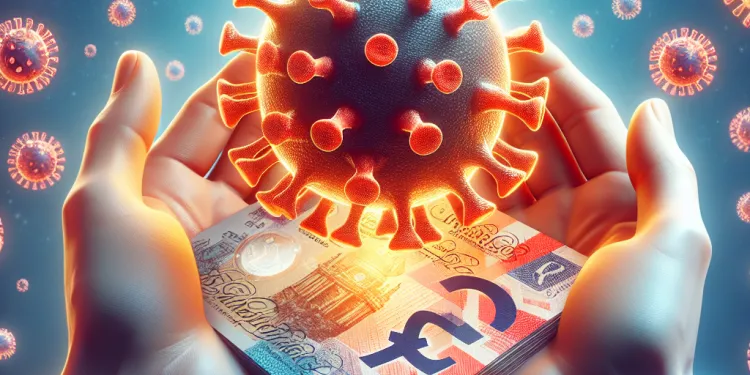
Can HPV lead to cancer?
Relevance: 96%
-

Can HPV go away on its own?
Relevance: 96%
-

How can HPV be prevented?
Relevance: 96%
-
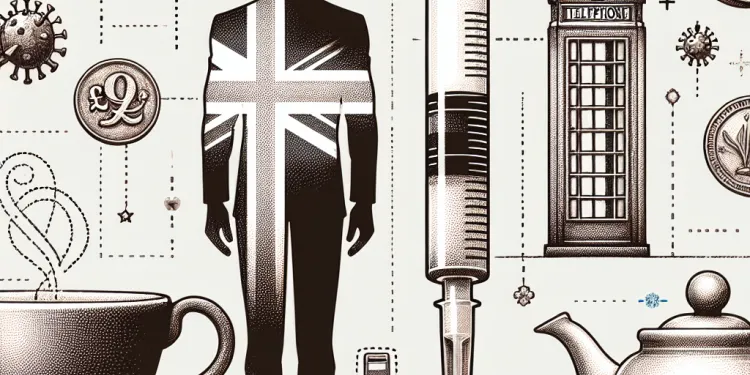
Do men need the HPV vaccine?
Relevance: 95%
-
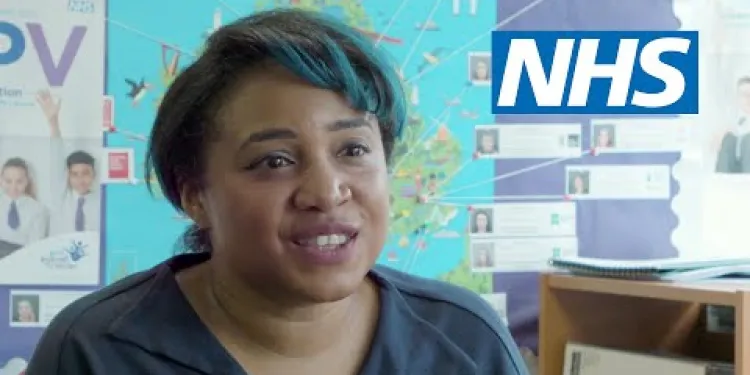
What is the year 8 HPV vaccine? | NHS
Relevance: 92%
-
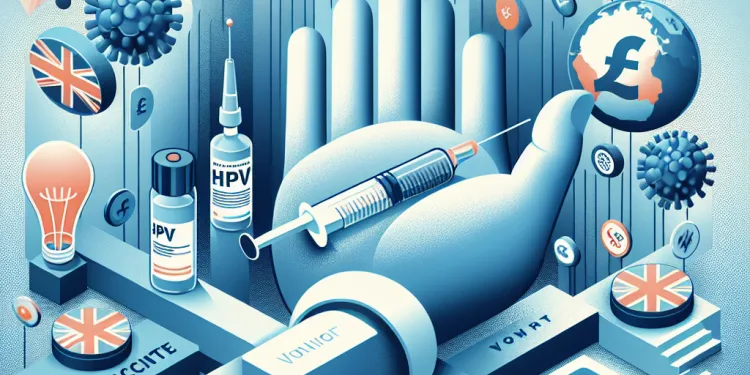
Who should get the HPV vaccine?
Relevance: 91%
-

Can HPV affect both men and women?
Relevance: 90%
-

What health problems can HPV cause?
Relevance: 90%
-
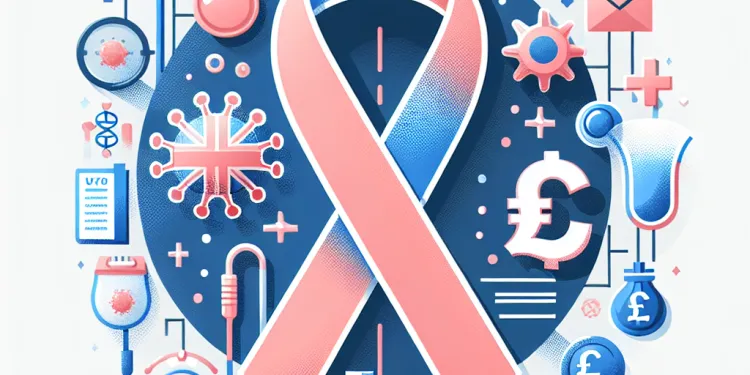
What is the link between HPV and cervical cancer?
Relevance: 89%
-

What age group is most at risk for HPV?
Relevance: 89%
-
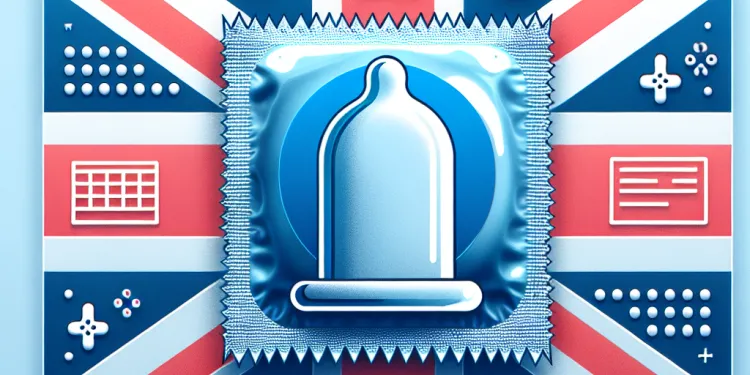
Can using condoms fully protect against HPV?
Relevance: 87%
-

Surge in HPV Vaccination Rates Among Young Women in the UK
Relevance: 86%
-
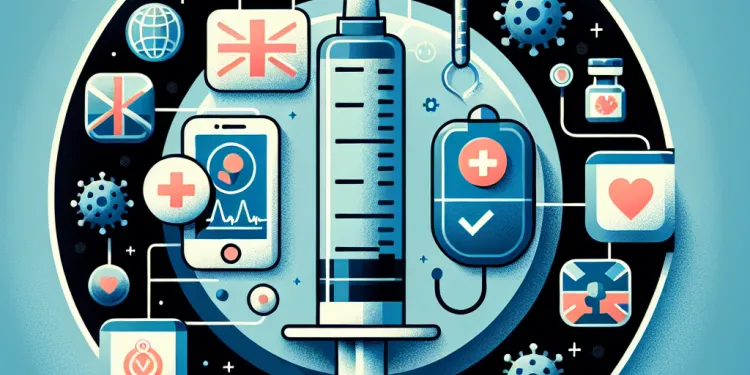
Is there a vaccine for HPV?
Relevance: 78%
-

How many types of HPV are there?
Relevance: 70%
-
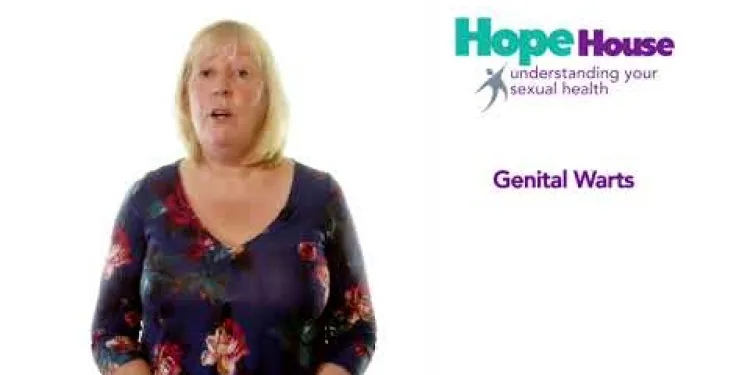
Understanding Your Sexual Health - Genital Warts
Relevance: 46%
-
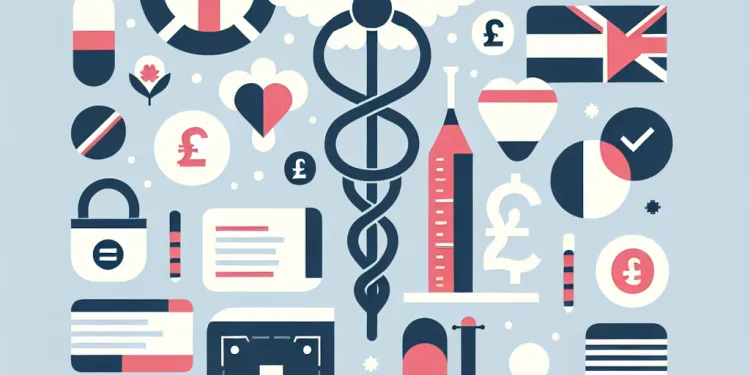
Can HPV cause infertility?
Relevance: 43%
-

Cervical screening (smear test) – what’s it all about?
Relevance: 37%
-

Can HPV be spread through non-sexual contact?
Relevance: 37%
-
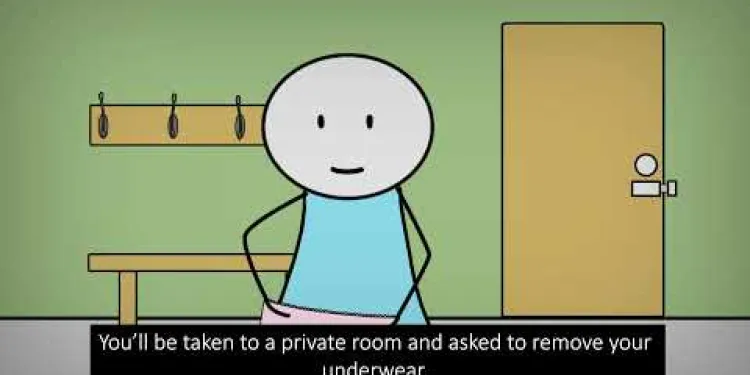
NHSGGC - Cervical Cancer Screening - English
Relevance: 37%
-

Mouth Cancer Infomercial
Relevance: 37%
-
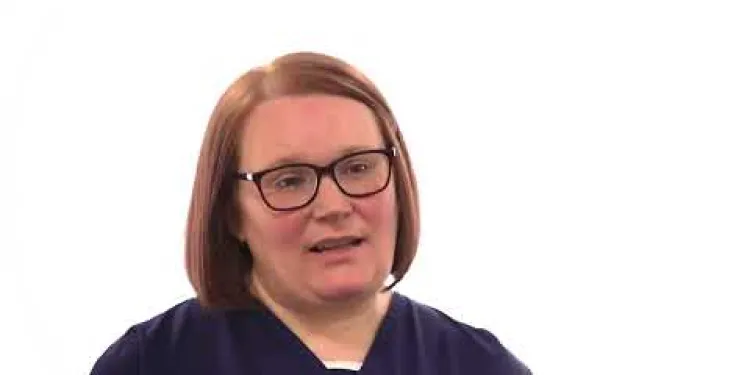
Vaginal Cancer
Relevance: 37%
-
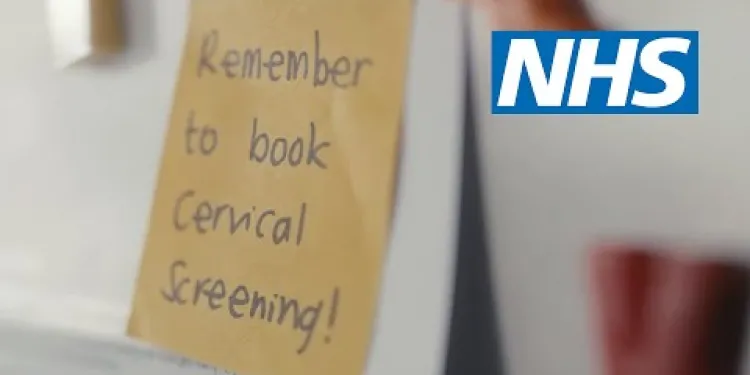
Don’t ignore your cervical screening invite | NHS
Relevance: 36%
-
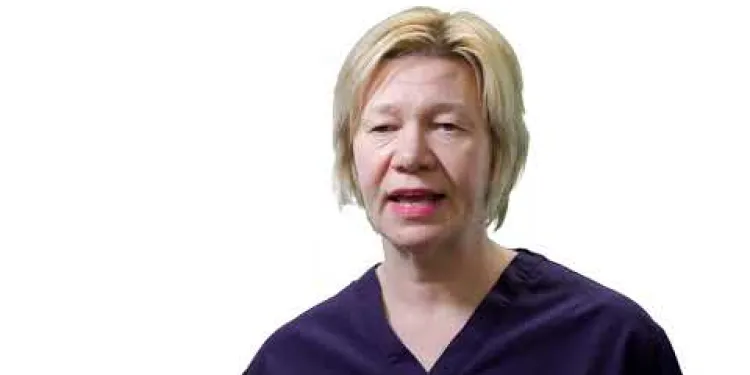
Head and Neck Cancer Diagnosis
Relevance: 32%
-
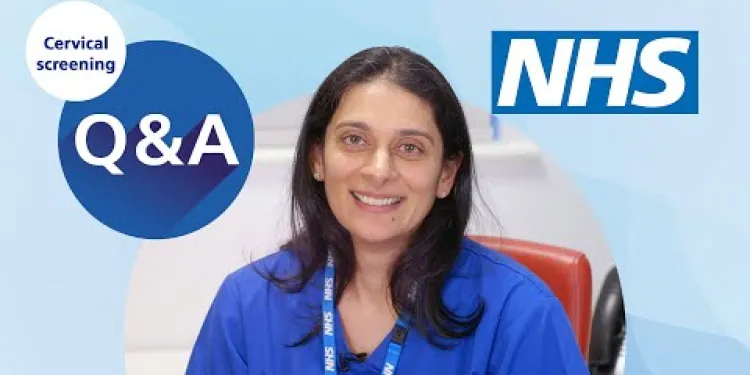
Cervical screening: Q&A | NHS
Relevance: 32%
-
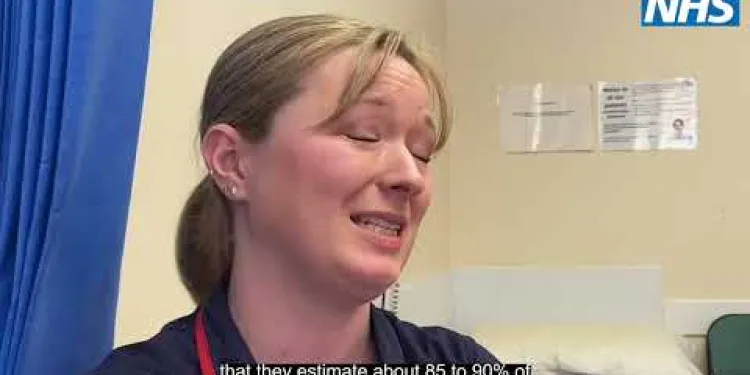
What is cervical screening (smear test)?
Relevance: 32%
-
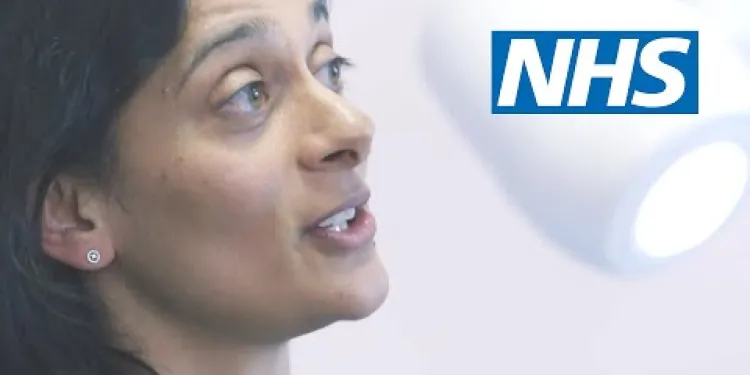
Cervical screening: what to expect | NHS
Relevance: 32%
-
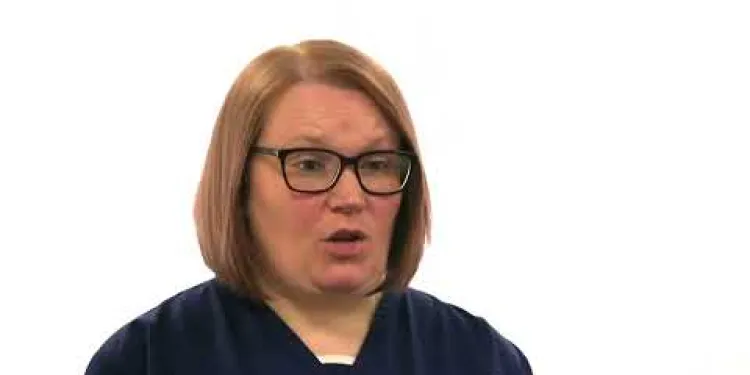
Vulval Cancer
Relevance: 31%
-
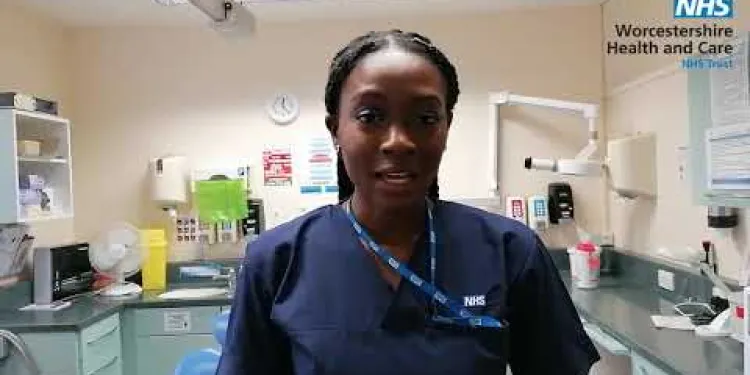
Mouth Cancer Awareness
Relevance: 30%
-
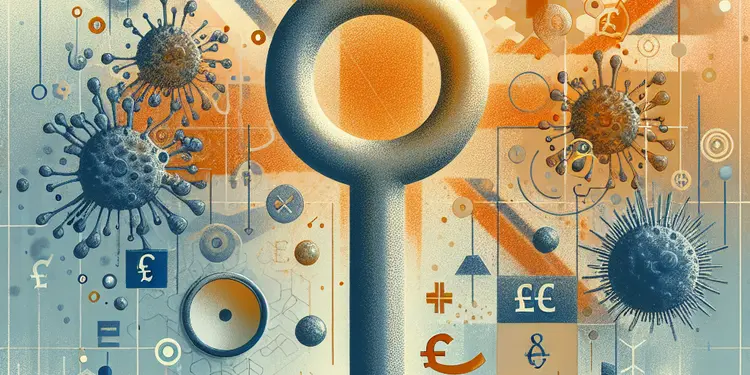
What is a Pap smear?
Relevance: 29%
-
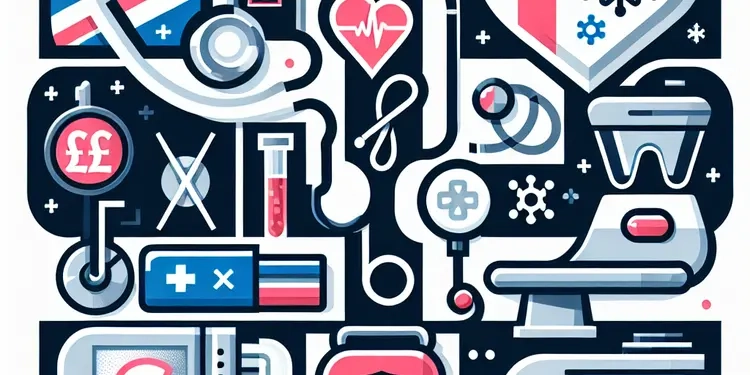
What kinds of cancer screening are available?
Relevance: 27%
-

Sexually transmitted infections STIs
Relevance: 27%
-

What is a subunit vaccine?
Relevance: 21%
-
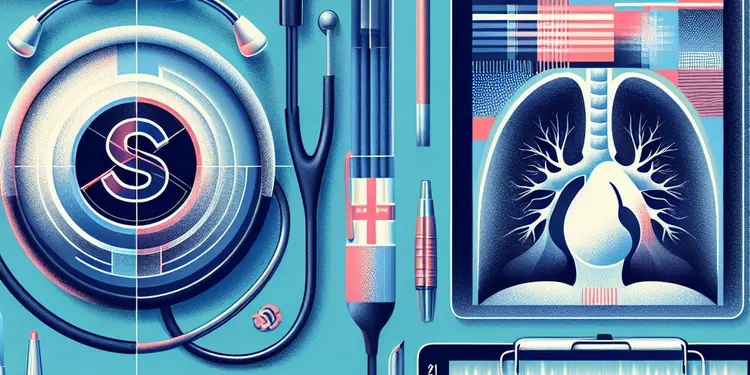
When should cervical cancer screening begin?
Relevance: 21%
HPV - My Story
Introduction to HPV
Human papillomavirus (HPV) is a common viral infection in the UK. Around 80% of sexually active individuals will contract HPV at some point in their lives. While most people clear the virus naturally, a persistent infection can lead to health complications, including certain types of cancer and genital warts.
A Personal Experience with HPV
I first learned about HPV during a routine cervical screening (smear test) with the NHS. Being diagnosed with HPV was initially alarming, but the support and information provided by my healthcare providers were invaluable. They explained that a diagnosis of HPV is quite common and not necessarily a cause for immediate concern.
NHS Support and Resources
The NHS provides extensive support resources for those diagnosed with HPV. Regular screenings, vaccination programs, and educational materials form a critical part of the service. The HPV vaccination is now offered to both boys and girls in schools across the UK, significantly reducing the prevalence of the virus and the associated risks.
Impact of Regular Screenings
My experience underlined the importance of regular cervical screenings. These tests are vital for early detection and prevention of cervical cancer. The NHS Cervical Screening Programme invites women aged 25 to 64 for regular tests. Early detection through these screenings can lead to better management and treatment of potential health issues caused by HPV.
Spreading Awareness
Sharing my story is part of raising awareness about HPV. It’s crucial for everyone in the UK to understand how common HPV is and the benefits of preventive measures like vaccinations and regular screenings. Knowledge and early intervention are key to managing the virus effectively, reducing anxiety, and promoting overall health.
Conclusion
HPV is a prevalent yet manageable condition with the right information and healthcare support. By utilising the resources provided by the NHS, staying informed, and participating in regular screenings, we can ensure better health outcomes for everyone affected by this virus in the UK.
HPV - My Story
What is HPV?
HPV stands for human papillomavirus. It is a common virus in the UK. Most people who are sexually active will get it at some time. Usually, it is not harmful and goes away on its own. But sometimes it can cause problems like certain cancers and genital warts.
My Experience with HPV
I found out I had HPV during a regular health check called a cervical screening. At first, I was scared about having HPV. But my doctors helped me understand it better. They told me that many people have HPV, and it is not something to be very worried about right away.
Help from the NHS
The NHS has many ways to help people with HPV. They offer regular health checks, vaccines, and information to learn more. Both boys and girls in schools in the UK can get the HPV vaccine. This helps protect them from getting the virus and related health problems.
Why Regular Health Checks Matter
Going for regular cervical screenings is very important. These tests help find problems early, which makes them easier to treat. The NHS asks women aged 25 to 64 to do these tests. By finding issues early, doctors can give better help and treatment.
Telling Others About HPV
By sharing my story, I want to help others know about HPV. It is important for everyone to know how common HPV is and to take steps like getting the vaccine and regular health checks. Knowing more and acting early can make handling the virus easier and make people feel less worried.
Final Thoughts
HPV is common, but with good information and help from healthcare professionals, it can be managed well. By using NHS resources, staying informed, and getting screened regularly, we can keep ourselves healthy and deal with HPV better in the UK.
Frequently Asked Questions
What does HPV stand for?
HPV stands for Human Papillomavirus.
Is HPV common?
Yes, HPV is very common, and most people will get it at some point in their lives.
How is HPV transmitted?
HPV is mainly transmitted through skin-to-skin contact, including sexual contact.
Can HPV infection be prevented?
Yes, HPV infection can be prevented through vaccination, practicing safe sex, and regular screenings.
Who should get the HPV vaccine?
The HPV vaccine is recommended for boys and girls aged 12 to 13, but it is also available for older individuals.
How effective is the HPV vaccine?
The HPV vaccine is highly effective at preventing infections from the HPV types it covers.
Can the HPV vaccine cause side effects?
Like all vaccines, the HPV vaccine can cause side effects, but these are usually mild, such as soreness at the injection site or a slight fever.
Does HPV always cause symptoms?
No, most people with HPV do not show any symptoms and the infection often clears on its own.
What health problems can HPV cause?
HPV can cause genital warts and is also linked to several cancers, including cervical, anal, and oropharyngeal cancers.
Can HPV be treated?
There is no treatment for the virus itself, but the health problems it can cause, like warts and cancers, can be treated.
Is HPV testing part of regular health check-ups?
HPV testing is often included as part of cervical screening (smear tests) for women.
How often should women get screened for HPV?
Women are advised to have regular cervical screenings from age 25 to 64, every 3 to 5 years.
Can men be affected by HPV?
Yes, HPV can affect men and can lead to genital warts and certain cancers.
Does using condoms fully protect against HPV?
Using condoms can reduce the risk of HPV transmission but does not provide full protection as HPV can infect areas not covered by a condom.
Where can I get more information about HPV?
You can obtain more information about HPV from the NHS website or by speaking to your healthcare provider.
What does HPV mean?
HPV means Human Papillomavirus. It is a long name for a kind of germ that people can catch.
Is HPV common?
HPV is a virus. It is very common. Many people have it. You can talk to a doctor or nurse for help.
You can read simple books to learn more. Ask family or friends for support. They can help you understand more about it.
Yes, HPV is something a lot of people have. Most people will get it at some time in their life.
How does HPV spread?
HPV is a kind of virus. It can spread from person to person. This can happen by:
- Touching skin during close contact
- Kissing or hugging someone who has it
HPV spreads easily. It is good to talk to a doctor or nurse to learn more. They can help you stay healthy.
HPV spreads when skin touches skin. This can happen when people have sex.
Can you stop HPV infection?
Yes, you can help stop HPV infection. Here are some ways:
- Get the HPV vaccine: This is a special medicine that helps your body fight the HPV virus.
- Use condoms: These can help stop the virus from spreading during close contact.
- Regular health check-ups: Visit your doctor for check-ups. They can help keep you healthy and check for HPV.
If you want more help, you can:
- Ask a grown-up you trust for help.
- Talk to your doctor or nurse. They know a lot about keeping you healthy.
Yes, you can stop HPV by getting a vaccine, being safe when you have sex, and visiting the doctor regularly.
Who should get the HPV vaccine?
The HPV vaccine helps keep you safe from some types of cancer.
Kids who are 11 or 12 years old should get the vaccine.
Teenagers and adults can get it too. It is good to ask your doctor about it.
It is important to get all the vaccine doses to be safe.
If you find reading hard, you can ask someone to read with you.
The HPV vaccine is a special medicine. It helps stop some types of cancer. It is good for boys and girls who are 12 or 13 years old. Older people can get it too.
If you need help to understand this, you can:
- Ask a teacher or parent to explain it.
- Use pictures or videos to learn more.
How well does the HPV vaccine work?
The HPV vaccine helps stop people from getting the HPV virus. It protects the body from some cancers and warts.
This vaccine works really well. It stops most types of the HPV virus.
If you get the vaccine, you are safer from the virus. It is a good idea to get it to stay healthy.
It is important to talk to a doctor. They can explain more about the vaccine.
For help, you can use pictures or videos. These can make things easier to understand.
The HPV vaccine works really well. It stops people from getting infections from the types of HPV it protects against.
Does the HPV shot make you feel unwell?
The HPV vaccine, like all vaccines, can cause side effects. But don't worry, they are usually not serious. You might feel a bit sore where you got the shot, or have a mild fever.
It's good to breathe slowly and talk to someone you trust if you feel worried about the shot. If you have questions, ask your parents or a nurse for help.
Does HPV always cause symptoms?
HPV is a germ that can live in your body.
HPV usually does not make you feel sick or hurt.
You can have HPV and not know it.
To stay healthy, you can talk to a doctor.
You can use pictures or videos to learn more.
No, most people who have HPV do not show any signs that they have it. The infection usually goes away all by itself.
What health problems can HPV cause?
HPV is a virus. It can cause health problems.
- HPV can cause warts. Warts are small bumps on the skin.
- HPV can cause changes in cells. This can sometimes lead to cancer.
If you have concerns, it's good to talk to a doctor or nurse. They can help and give advice.
Here are some tips to help understand:
- Use pictures to learn more about HPV.
- Ask a friend or family member to explain more.
HPV is a virus. It can cause bumps on your private parts called genital warts. HPV can also lead to some cancers, like cancer in the cervix (which is part of the female body), cancer in the anus, and cancer in the throat.
Can HPV be treated?
HPV is a kind of virus. Some people get sick from it, and some do not. There is no medicine to make HPV go away completely. But doctors can help with problems HPV might cause, like warts or changes in your body's cells.
If you have questions, talk to a doctor. They can help. You can also ask a family member or a friend to go with you to the doctor.
There is no medicine to make the virus go away, but doctors can help with problems it causes, like warts and cancers.
Is HPV testing included in regular health check-ups?
HPV tests might not be done every time you see a doctor for a check-up. It depends on your age and health needs.
If you want to know more, you can ask your doctor. Talking to them can help you understand when you need an HPV test.
You can also use pictures or videos about HPV to learn more. Asking a family member or friend for help can be a good idea too.
HPV tests check for a virus that can cause health problems.
Women usually get this test when they have a cervical screening (or smear test).
Here are some ways to make it easier:
- Ask your nurse or doctor to explain what will happen.
- Bring a friend or family member with you for support.
- Use pictures or videos to understand the process better.
How often should women get checked for HPV?
Women should go to the doctor to check for HPV every few years. HPV is a virus that can make you sick. Your doctor will tell you when to come back for another check-up.
Helpful tip: Set a reminder on your phone or calendar to remember your check-up dates. You can also ask someone you trust to remind you.
Women should start getting cervical tests when they are 25 years old. They should keep getting these tests until they are 64 years old. They need to have a test every 3 to 5 years.
Can men get HPV?
Yes, men can get HPV. HPV is a virus that can affect anyone. It is important to know and tell a doctor if you think you have it.
If you find reading hard, you can:
- Ask someone to read with you.
- Use apps that help you understand words.
- Listen to information about HPV.
Yes, HPV can affect men. It can cause bumps called genital warts. It can also lead to some types of cancer.
Do condoms stop HPV all the time?
Condoms can help keep you safe from HPV, but they do not work all the time. HPV is a virus that can spread through skin contact, not just sex.
Here are some ways to protect yourself better:
- Get the HPV vaccine to help guard against the virus.
- Use condoms whenever you have sex, but remember they are not perfect.
- Talk to your doctor about more ways to stay safe.
Remember, staying informed and careful helps you stay healthy.
Using condoms can help stop the spread of HPV. But they do not fully protect you because HPV can also infect skin that is not covered by a condom.
Where can I learn more about HPV?
If you want to know more about HPV, you can:
- Visit a doctor or nurse. They can tell you more.
- Look at websites about health. Make sure they are trusted.
- Go to your local library. They might have books about HPV.
You can also ask a friend or family member to help you find information.
You can get more information about HPV by looking at the NHS website. You can also talk to your doctor or nurse.
Useful Links
Have you found an error, or do you have a link or some information you would like to share? Please let us know using the form below.
-->
This website offers general information and is not a substitute for professional advice.
Always seek guidance from qualified professionals.
If you have any medical concerns or need urgent help, contact a healthcare professional or emergency services immediately.
Some of this content was generated with AI assistance. We’ve done our best to keep it accurate, helpful, and human-friendly.
- Ergsy carfully checks the information in the videos we provide here.
- Videos shown by Youtube after a video has completed, have NOT been reviewed by ERGSY.
- To view, click the arrow in centre of video.
- Most of the videos you find here will have subtitles and/or closed captions available.
- You may need to turn these on, and choose your preferred language.
- Go to the video you'd like to watch.
- If closed captions (CC) are available, settings will be visible on the bottom right of the video player.
- To turn on Captions, click settings .
- To turn off Captions, click settings again.
More Items From Ergsy search
-

Is HPV testing available?
Relevance: 100%
-

What is the HPV Virus?
Relevance: 100%
-

How common is HPV?
Relevance: 100%
-

HPV - My Story | NHS
Relevance: 99%
-

Are there symptoms of an HPV infection?
Relevance: 99%
-

How is HPV transmitted?
Relevance: 99%
-

Can HPV be treated?
Relevance: 99%
-

Can HPV lead to cancer?
Relevance: 96%
-

Can HPV go away on its own?
Relevance: 96%
-

How can HPV be prevented?
Relevance: 96%
-

Do men need the HPV vaccine?
Relevance: 95%
-

What is the year 8 HPV vaccine? | NHS
Relevance: 92%
-

Who should get the HPV vaccine?
Relevance: 91%
-

Can HPV affect both men and women?
Relevance: 90%
-

What health problems can HPV cause?
Relevance: 90%
-

What is the link between HPV and cervical cancer?
Relevance: 89%
-

What age group is most at risk for HPV?
Relevance: 89%
-

Can using condoms fully protect against HPV?
Relevance: 87%
-

Surge in HPV Vaccination Rates Among Young Women in the UK
Relevance: 86%
-

Is there a vaccine for HPV?
Relevance: 78%
-

How many types of HPV are there?
Relevance: 70%
-

Understanding Your Sexual Health - Genital Warts
Relevance: 46%
-

Can HPV cause infertility?
Relevance: 43%
-

Cervical screening (smear test) – what’s it all about?
Relevance: 37%
-

Can HPV be spread through non-sexual contact?
Relevance: 37%
-

NHSGGC - Cervical Cancer Screening - English
Relevance: 37%
-

Mouth Cancer Infomercial
Relevance: 37%
-

Vaginal Cancer
Relevance: 37%
-

Don’t ignore your cervical screening invite | NHS
Relevance: 36%
-

Head and Neck Cancer Diagnosis
Relevance: 32%
-

Cervical screening: Q&A | NHS
Relevance: 32%
-

What is cervical screening (smear test)?
Relevance: 32%
-

Cervical screening: what to expect | NHS
Relevance: 32%
-

Vulval Cancer
Relevance: 31%
-

Mouth Cancer Awareness
Relevance: 30%
-

What is a Pap smear?
Relevance: 29%
-

What kinds of cancer screening are available?
Relevance: 27%
-

Sexually transmitted infections STIs
Relevance: 27%
-

What is a subunit vaccine?
Relevance: 21%
-

When should cervical cancer screening begin?
Relevance: 21%


